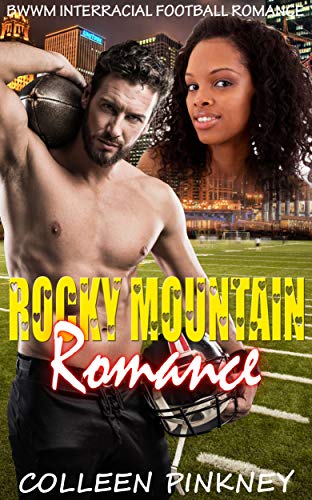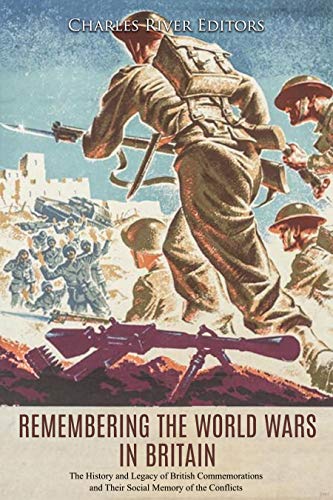Remembering the World Wars in Britain: The History and Legacy of British Commemorations and Their Social Memory of the Conflicts
*Includes pictures*Includes a bibliography for further reading*Includes a table of contents “Good-morning, good-morning!” the General said When we met him last week on our way to the line. Now the soldiers he smiled at are most of ’em dead,And we’re cursing his staff for incompetent swine.“He’s a cheery old card,” grunted Harry to JackAs they
*Includes pictures
*Includes a bibliography for further reading
*Includes a table of contents
“Good-morning, good-morning!” the General said
When we met him last week on our way to the line.
Now the soldiers he smiled at are most of ’em dead,
And we’re cursing his staff for incompetent swine.
“He’s a cheery old card,” grunted Harry to Jack
As they slogged up to Arras with rifle and pack.
But he did for them both by his plan of attack.
There is extensive empirical literature about memorialization, but very little theory despite the fact people have been commemorating events for millennia. The term is generally understood to mean the practices and behaviors used to commemorate those who died in a traumatic event such as a war, and these practices may involve statues, graveyards, museums, the naming of streets and buildings, awards of medals or colors, anniversaries, literature, art, music, and dress codes. This list is not exhaustive, and not all these methods will necessarily be used to memorialize any given event. Practices and behaviors are sometimes culturally specific and have evolved over time but are nearly always conceived solely in terms of commemorating the dead.
At the same time, nations can memorialize sacrifices made in war by the way they care for those left in limbo between life and death, such as the wounded and the bereaved. Similarly, nations can memorialize the dead by reforming their postwar economy and society in order to show that sacrifices had not been made in vain. The differences in the extent to which these forms of memorialization were carried out successfully have been crucial to the formation of different social memories of the world wars in Britain.
The commemoration of World War I and World War II have received a great deal of attention in recent years, especially coinciding with the centenary of World War I, but social memory as a historical study is still in its infancy, despite the fact societies have been commemorating important events for as long as societies have existed. In fact, it’s clear at first glance that World War I and World War II are memorialized similarly in some respects, but quite differently in others, even as the emphasis of remembrances gradually shifted away from individual and community memorials to state sponsored national commemorations. This is also affected by literature and the entertainment industry, the different roles of various individuals, both civilian and military, and the nature of the fighting itself.
Remembering the World Wars in Britain: The History and Legacy of British Commemorations and Their Social Memory of the Conflicts examines how the wars have been remembered by the British, and why there are notable differences. Along with pictures of important people, places, and events, you will learn about the social memory of the wars like never before.
Bestsellers 2021
Auto Amazon Links: No products found.







Comments
Comments are disabled for this post.